Optimal Timing for Waterproofing Projects
Waterproofing is a critical component in protecting structures from water intrusion and damage. The timing of waterproofing applications can significantly influence their effectiveness and longevity. Properly scheduled waterproofing projects help prevent costly repairs and structural issues caused by water infiltration.
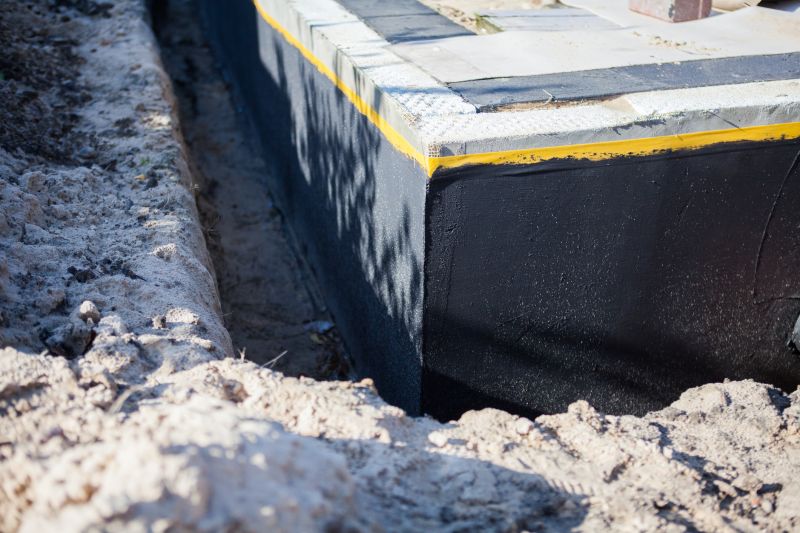
Applied during building foundation setup to prevent water ingress from the start.
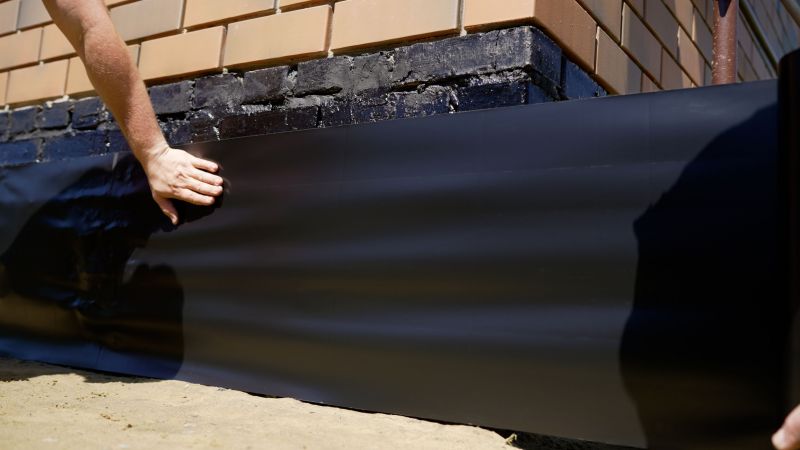
Executed after building completion to address existing water issues.
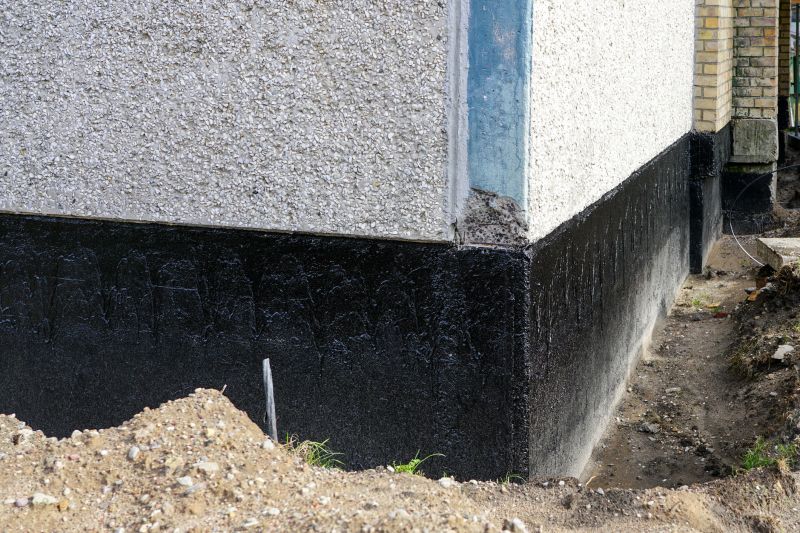
Timing varies based on weather conditions to maximize durability.
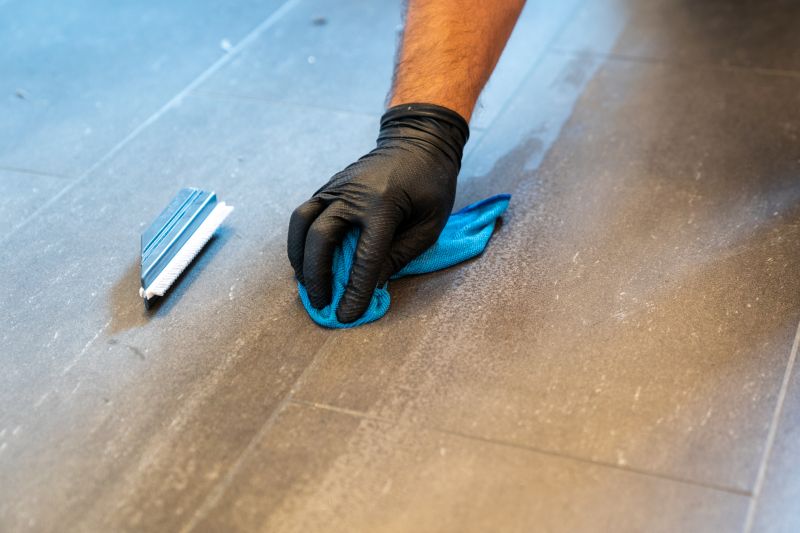
Ways to make Waterproofings work in tight or awkward layouts.
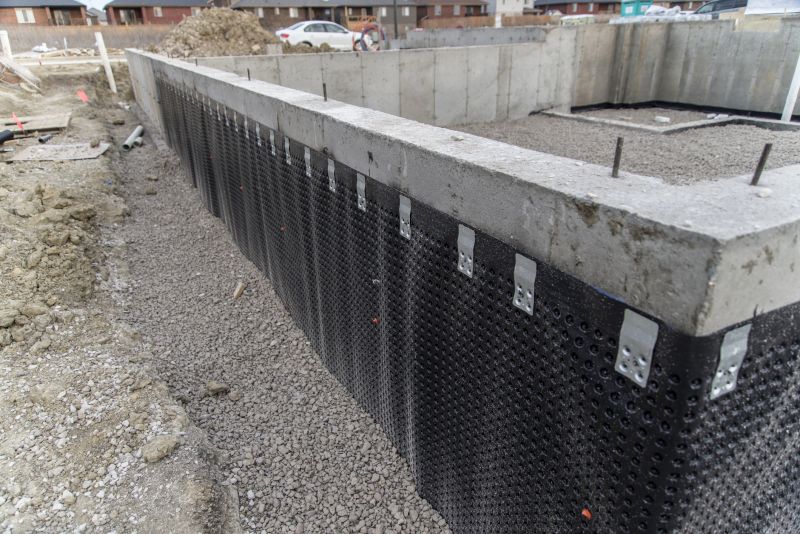
Popular materials for Waterproofings and why they hold up over time.
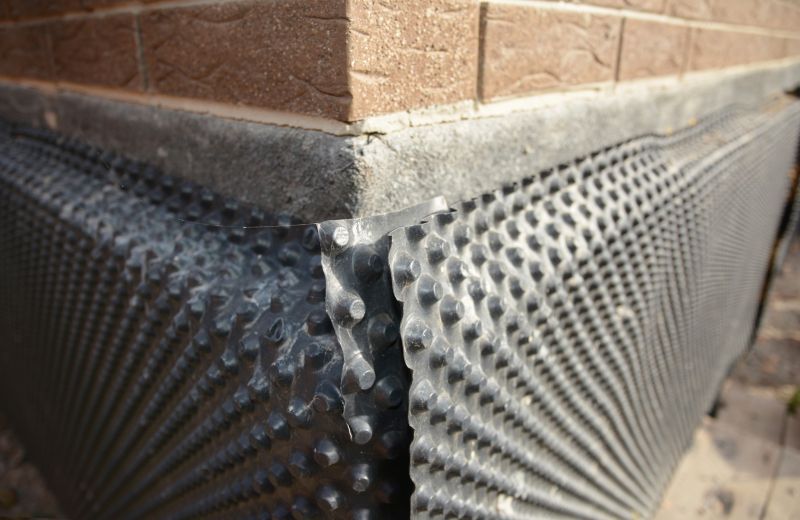
Simple add-ons that improve Waterproofings without blowing the budget.
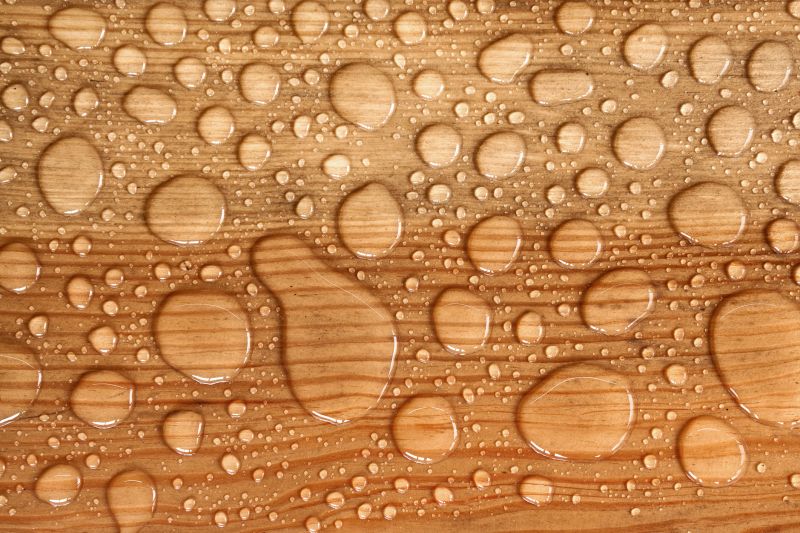
High-end options that actually feel worth it for Waterproofings.
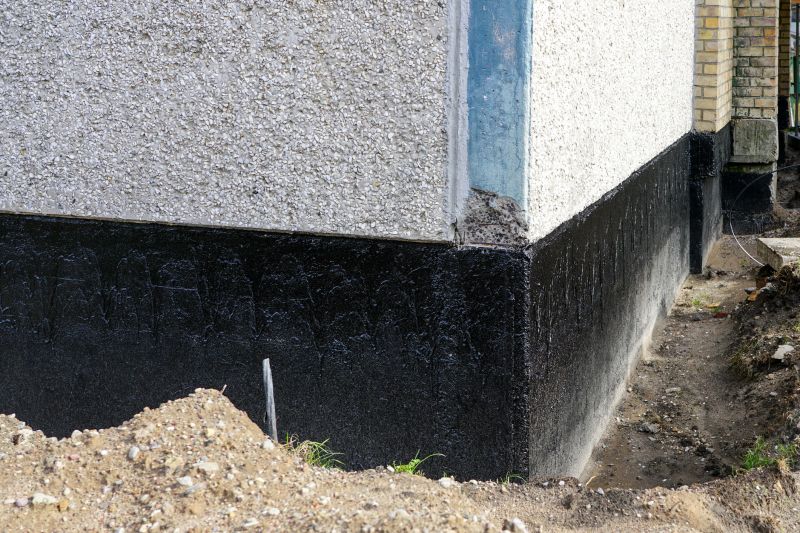
Finishes and colors that play nicely with Waterproofings.
Waterproofing is essential in both residential and commercial buildings to safeguard against moisture and water damage. It involves applying specialized materials to surfaces such as foundations, roofs, and walls. Proper waterproofing extends the lifespan of structures and reduces maintenance costs.
Ideal for preparing structures before heavy rainfall and thaw cycles.
Suitable for areas with dry weather, ensuring materials cure properly.
Prepares structures for winter and prevents water penetration during freeze-thaw cycles.
Generally avoided due to cold temperatures but possible with specialized materials.
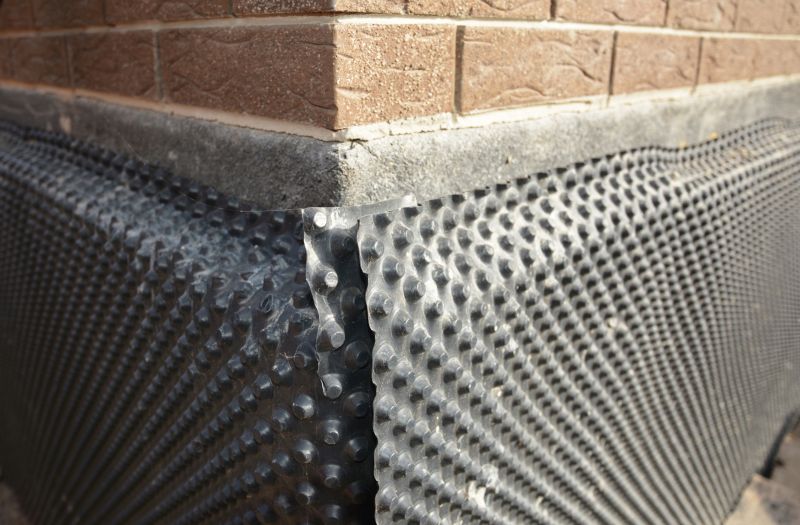
Spring offers moderate temperatures and increased moisture, making it suitable for waterproofing.
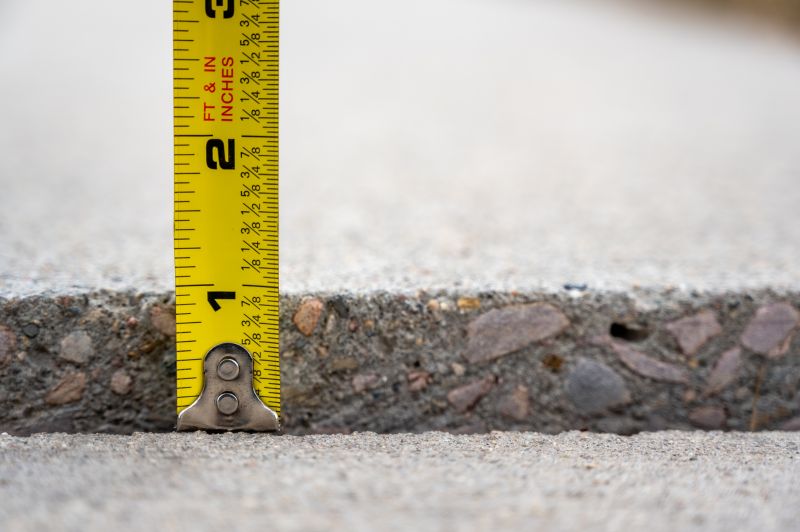
Dry conditions facilitate proper curing and adhesion of waterproofing materials.
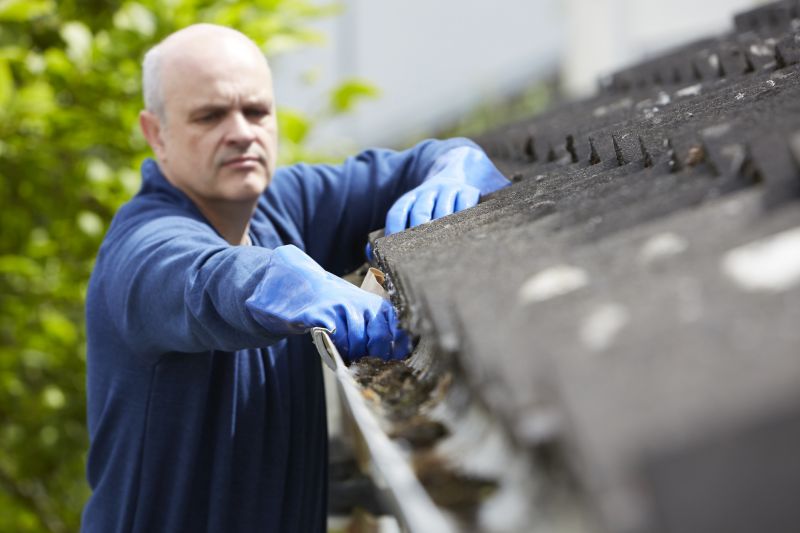
Prepares structures for winter, especially in regions with freezing temperatures.
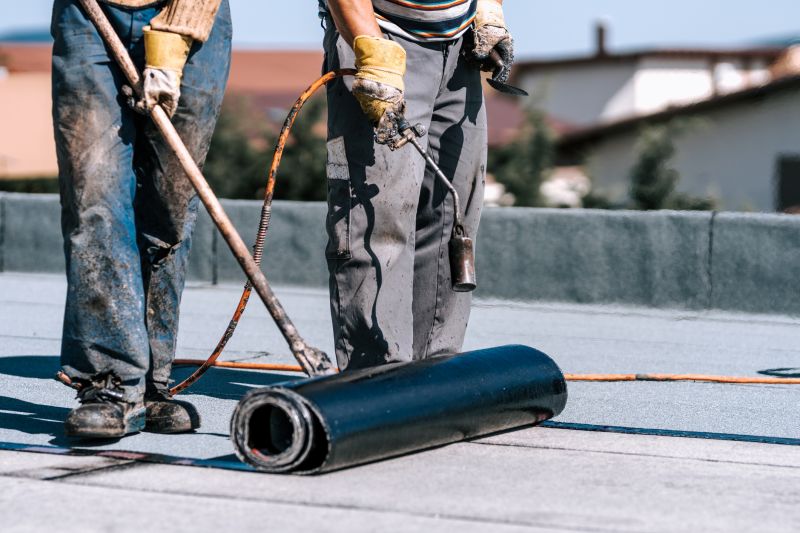
Cold weather can hinder application and curing processes, making winter less ideal.
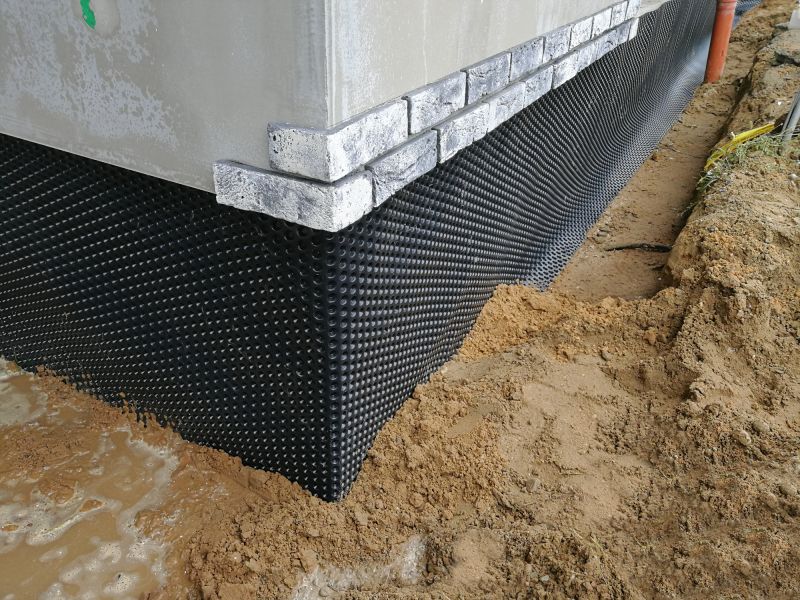
A frequent mistake in Waterproofings and how to dodge it.
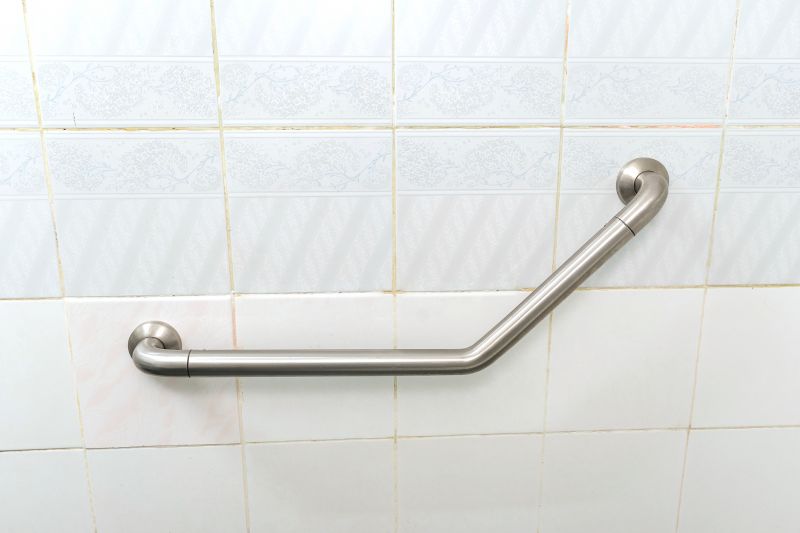
Small tweaks to make Waterproofings safer and easier to use.
| Season | Advantages |
|---|---|
| Spring | Moderate temperatures and increased moisture levels are favorable. |
| Summer | Ideal for curing and adhesion due to dry weather. |
| Fall | Prepares structures for winter and freeze-thaw cycles. |
| Winter | Generally not recommended due to cold temperatures and potential for freezing. |
Choosing the right time for waterproofing depends on local climate conditions and specific project requirements. Proper scheduling ensures optimal material performance and long-lasting protection. Consulting with waterproofing professionals can help determine the most suitable timing for each project.
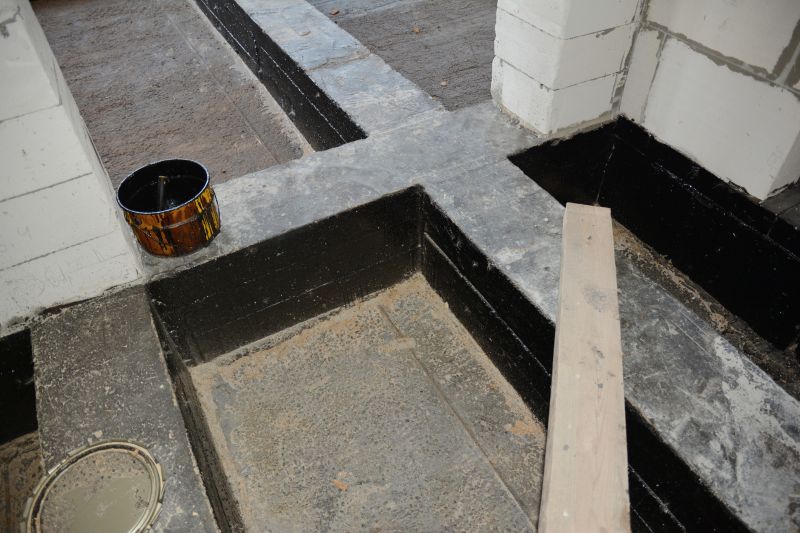
Application process on a building foundation.
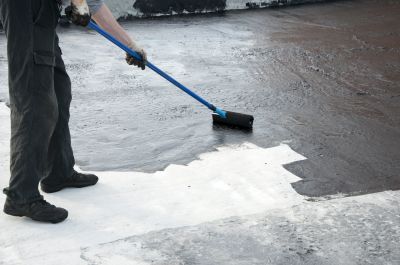
Preparing surfaces for waterproofing before adverse weather.
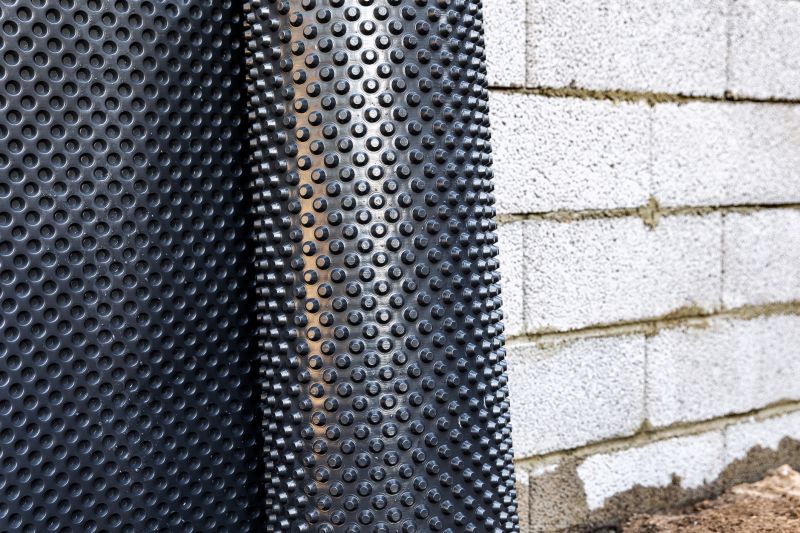
Use of high-quality membranes and coatings.
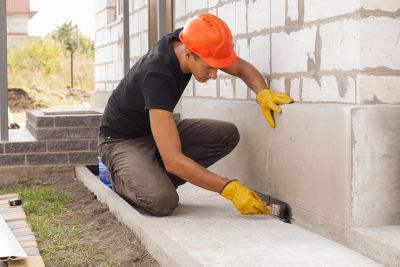
Completed waterproofing on a residential structure.

Lower-waste or water-saving choices for Waterproofings.
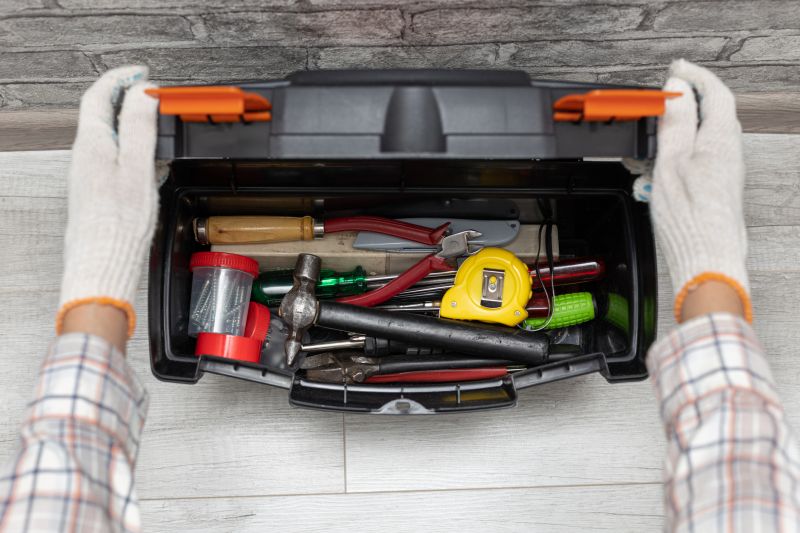
The short, realistic tool list for quality Waterproofings.
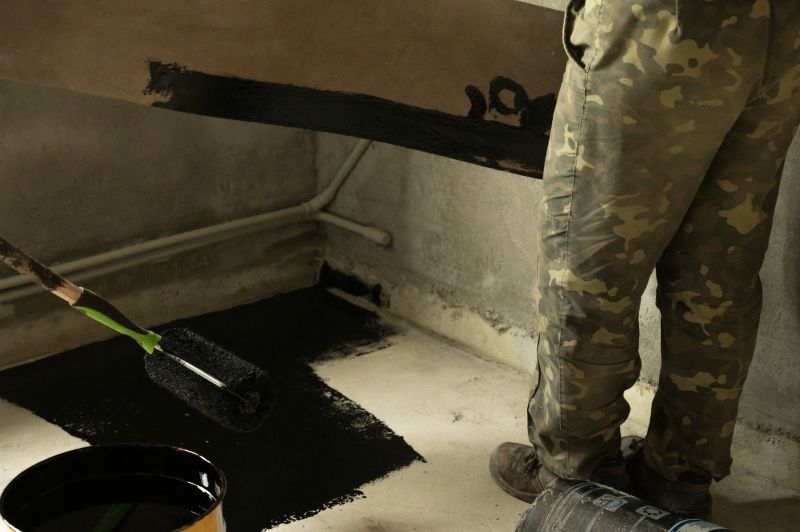
Rough timing from prep to clean-up for Waterproofings.
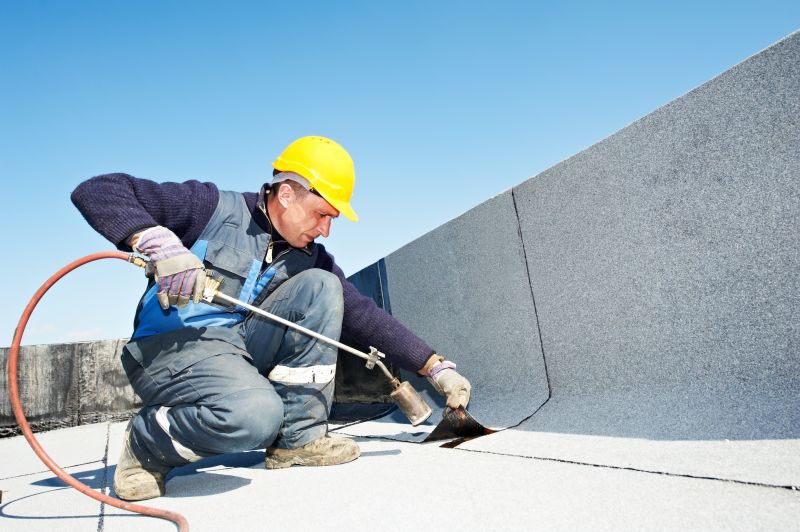
Quick checks and paperwork to keep after Waterproofings.
Proper timing for waterproofing enhances the durability and effectiveness of protective layers. It is essential to consider weather patterns, material curing times, and structural needs to ensure optimal results. Interested parties are encouraged to contact for further information and scheduling assistance.


